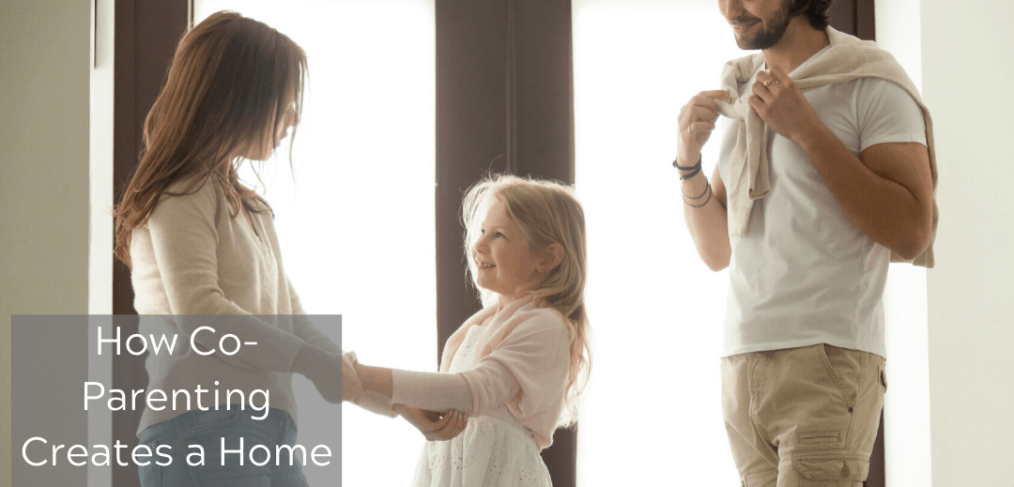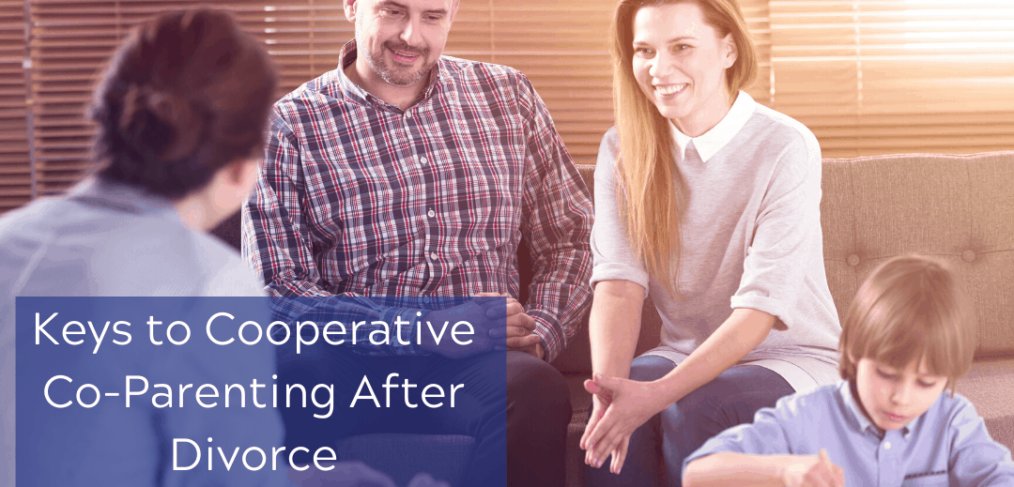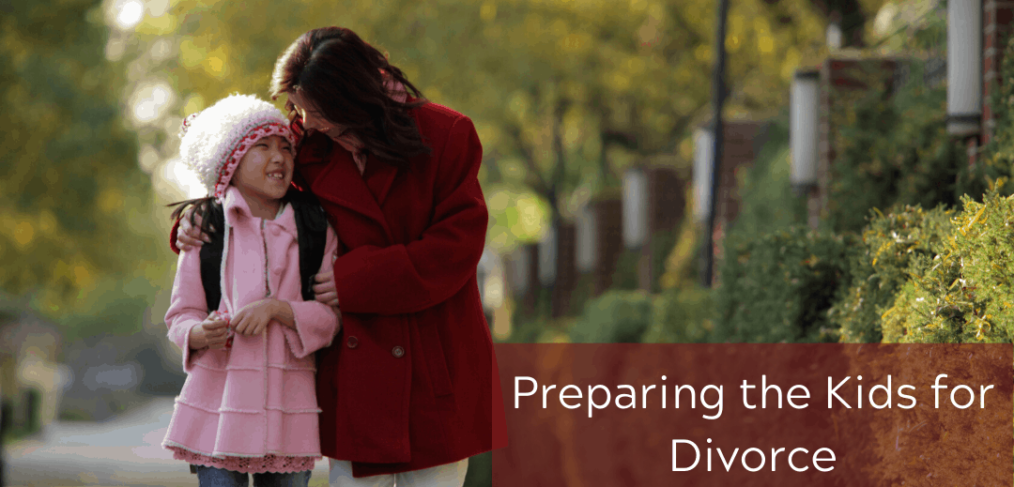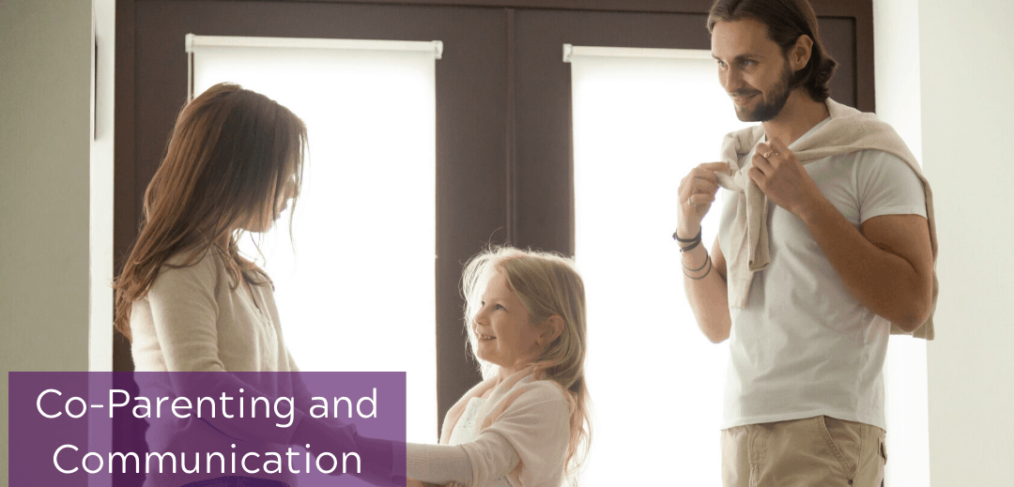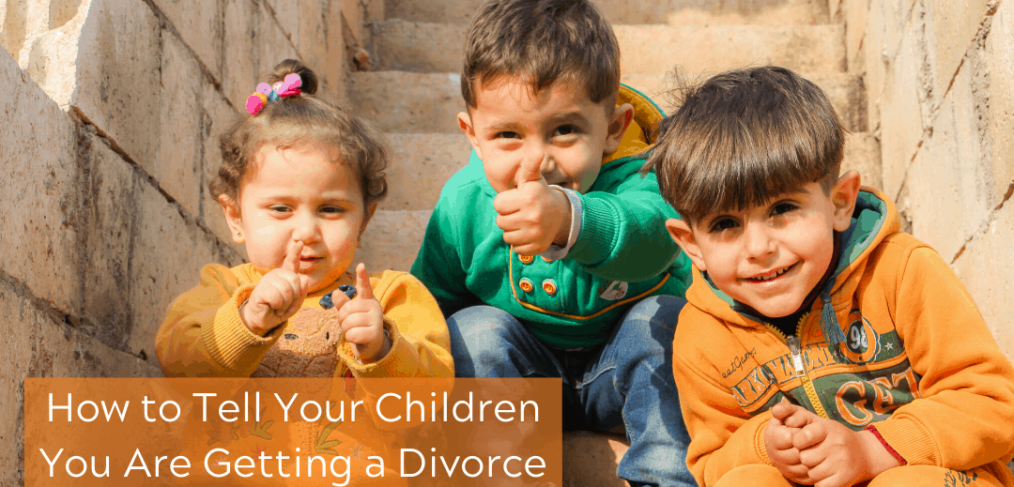Co-parenting creates a home for your children. In fact, it creates two healthy homes for a family and for your children’s overall health. It means taking a step back from your own desires and hurts and focusing on what’s best for your kids, and co-parenting is what they need.
The hurt of divorce can drive us to do and say things that we may normally never dream of doing or saying. If you find yourself wondering, did that really just happen? Maybe it’s time to take a step back and define some straight boundaries to protect your own standards and values.
Keys to cooperative co-parenting when going through a divorce successfully can be complicated. Children of divorce do best when both of their parents continue to be actively involved in their lives. It’s the ongoing connection that makes the positive difference for these children, minimizing the fact that their parents no longer live together.
Cooperative co-parenting is universally encouraged and because it is encouraged after divorce it can reduce the long-term negative emotional impact on children. Cooperative Co-parenting styles and arrangements can differ widely from family to family to suit their individual needs. Professionals agree that co-parenting will only succeed if some basic agreements are made and kept. This will help avoid significant mistakes.
When talking to your children about divorce, you want to make the talk age appropriate. Telling a three year old that mommy or daddy won’t be living in the home is different than telling an eight year old or a twelve year old.
When mom and dad make the decision to divorce, and saying ‘I do’ is no longer an option, how do you tell the kids?
Divorce is not an easy thing to go through, especially when children are involved. Every child will react differently depending on their age, personality and the divorce situation. It’s a very emotional and stressful time for the whole family. As adults, we sometimes become so focused on our own stresses and needs that we fail to see how our decisions and actions affect those around us.
Most changes to a family structure require adjustment time for everyone involved. With the right guidance and realistic expectations, most co-parented families are able to work out their growing pains and live separately with success. To create a healthy co-parenting atmosphere, you need open communication, positive attitudes, mutual respect, and plenty of love and patience.
Life as a divorced mom can be complex and challenging, but you can make it easier by mastering the art of powerful communication. As a divorced woman you will need to learn to hold your own in a variety of difficult conversations whether they are custody hearings, negotiating with your employer, dealing with a difficult ex, parenting your children alone, or even being in a new romantic relationship.
What Children Want to Know but are Afraid to Ask
Children find it uncomfortable talking to their parents about divorce. They fear being disloyal to a parent so avoidance of the situation keeps them “mum”.
While divorce may end a marriage, when you’re a parent is doesn’t end the need for working together on behalf of your children. How you communicate with one another about parenting issues will affect your children today and for years to come. Here are some tips on keeping communication with your Ex as effective as possible.

